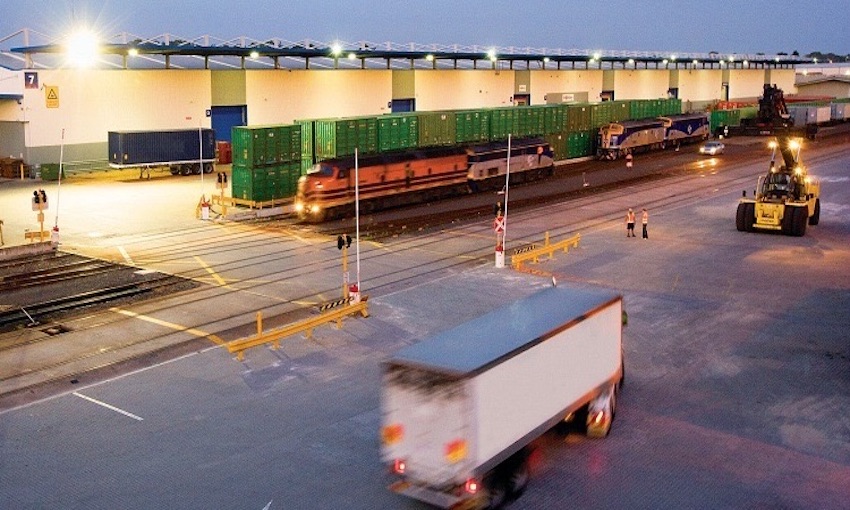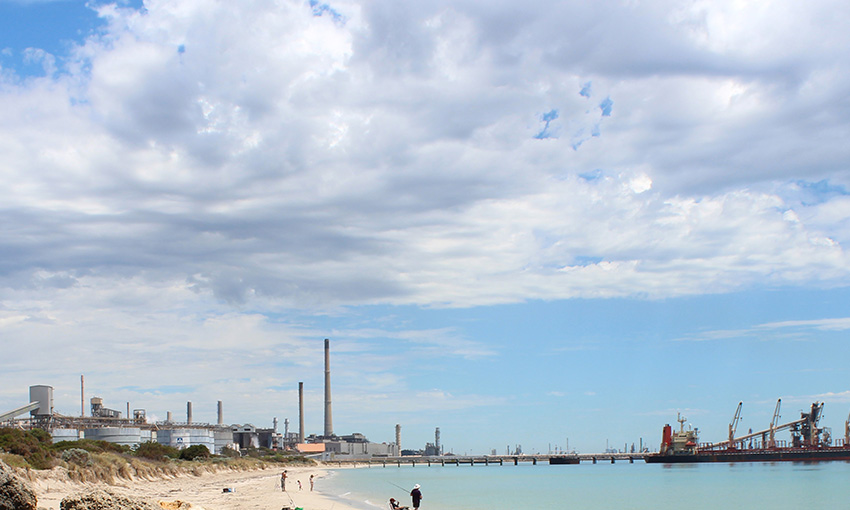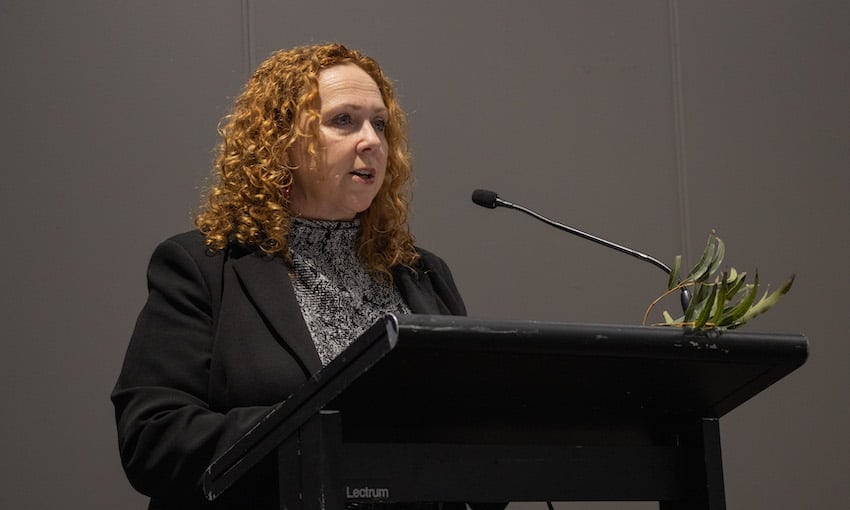INDUSTRY groups, Ports Australia and the Australian Logistics Council, are urging governments around Australia to prioritise land critical to the sustainable future of supply chains.
Both groups have provided submissions to the Greater Sydney Commission on the Industrial Lands Policy Review.
The Greater Sydney Commission is undertaking a review of the Industrial and Urban Services Lands Retain and Manage policy under the Greater Sydney Region Plan. The policy applies to industrial areas in Greater Sydney that should be safeguarded from competing land use pressures.
This review responds to recommendation 7.5 of the NSW Productivity Commission’s 2021 whitepaper which stated that management approaches be evaluated in relation to managing industrial and urban services land in Greater Sydney, to identify what would maximise net benefits to the state.
It recommended adoption of the “approach that maximises the state’s welfare in the next update to the Greater Sydney Region Plan”.
Ports Australia and the ALC believe the review opens a wider debate, which transcends borders and involves governments around Australia. It centres around “the importance of protecting freight routes from urban encroachment and supporting their evolution for the future livelihood of the community it serves”.
Australia’s national freight task is estimated to be 725 billion tonne-km, having increased by over four-fold in the last 45 years. Between 2018 and 2040 it is forecast to increase by 25% to 962 billion tonne-km.
NSW Ports CEO Marika Calfas said that consumer import and export volumes through the Port Botany precinct area are expected to increase year-on-year.
“The rise of e-commerce (accelerated by COVID-19), together with ongoing population growth in metropolitan Sydney increases the need for industrial land close to population centres to reduce transportation and logistics costs and meet customers’ delivery requirements,” she said.
The current retain-and-manage approach taken by NSW and in similar forms by other government jurisdictions effectively locates the zones which are required to meet freight needs either today or into the future and conserves this land to ensure that the state is well placed with an effective supply chain going forward.
“Residential and commercial land management is also essential, however, it is fundamental that critical industrial land needed is protected from encroachment,” Ports Australia said in a statement.
“The strength of that approach must remain untainted by the appetite of property developers and those alike who are solely interested in financial gain.”
Ports Australia CEO Mike Gallacher said, “We know property developers around Australia continue to eye off the quick buck potential of coastal locations but we must keep our priorities straight… this land is critical to our supply chain and it must be protected at all costs.
“The work the NSW government and other governments around the nation have done to protect critical industrial land surrounding major cities must be maintained if our ports and other supply chain links are to continue their service of providing for the nation.”
ALC chief Brad Williams said, “The assured supply of industrial land, close to population centres and separated from residences, is essential to managing the cost of moving freight and the efficiency and productivity of supply chains.
“Long-term thinking is needed to avoid poor planning decisions that will allow encroachment of residential areas on industrial lands placing pressure on critical supply chains,” he said.





